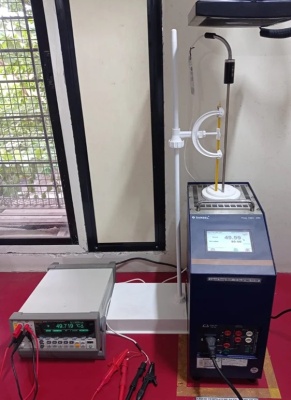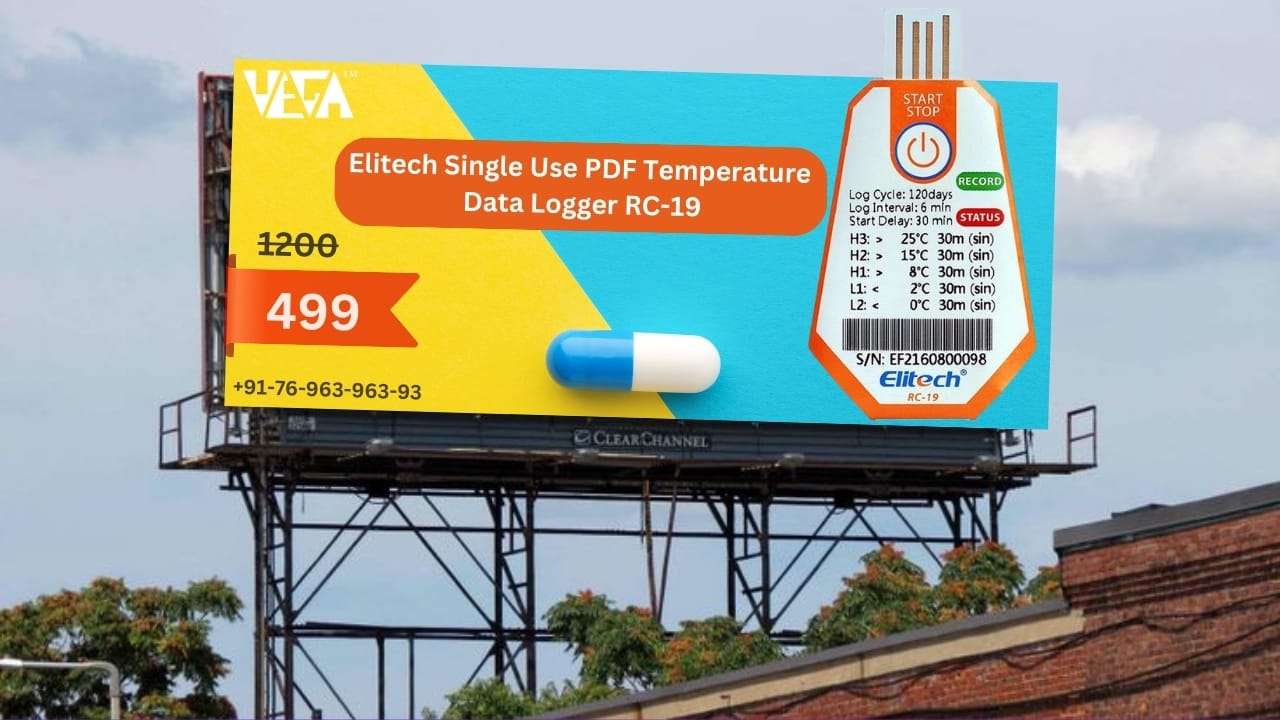Filter by price
Product Category
- GPSDevices
-
- Pressure Gauges Calibration Services
- Data Loggers NABL Calibration Services
- Infrared Thermometers Calibration Services
- Vernier Caliper Calibration Services
- Micrometers Calibration Services
- Multimeter Calibration Services
- Stop Watch Calibration Services
- Tachometer Calibration Services
- Sound Meter Calibration Services
- Bevel Protractor Calibration Services
- Coating Thickness Gauge Calibration Services
- Weighing Balance Calibration Service
- Measuring Tape Calibration Services
- Height Gauge Calibration Service
- Glass Thermometer Calibration Services
- Muffle Furnace Calibration Services
- Lux Meter Calibration Services
- Anemometers Meter Calibration Services
- decade resistor
- K-Type Thermocouple Calibration Services
- B-Type Thermocouple Calibration Services
- E-Type Thermocouple Calibration Services
- J-Type Thermocouple Calibration Services
- R-Type Thermocouple Calibration Services
- S-Type Thermocouple Calibration Services
- T-Type Thermocouple Calibration Services
- Master Time Interval Meter Calibration Services
- Angle Gauges Block Calibration Services
- Measuring Scale & Tape Calibration Services
- Thermohygrometer Calibration Services
- Dry Block Calibrator vs Temperature Calibration Services
- HV Voltage Divider Probe Calibration Services
- Power Analyser Calibration Services
- Fix Resistance Decade Box Calibration Services
- Energy Meter Calibration Services
- Deep freezer Calibration Services
- Centrifuge Calibration Services
- Refrigerator Calibration Services
- Linear DC Power Supply Calibration Services
- Thermal Imager Calibration Services
- Pocket-sized Thermal Camera Calibration Services
- oscilloscope Calibration Services
- Desoldering Heating Plate Calibration Services
- Digital Clamp Meter Calibration Services
- Analog Multimeter Calibration Services
- Pen Type Thermometer Calibration Services
-
- Temperature mapping services of Pharmaceutical Companies
- Temperature mapping services of visi cooler
- Temperature mapping services of Deep Freezers
- Temperature mapping services of Cold Room
- Temperature mapping services of Deep freezer room
- Temperature mapping services of Cold Storage Warehouses
- Temperature mapping services of Reefer vehicle
- Temperature mapping services of Ovens
- Temperature mapping services of Autoclaves
- Temperature mapping services of Clean Rooms
- Temperature mapping services of Thermal Box Mapping
- Temperature mapping services of Refrigerators
- Temperature and humidity mapping services of Humidity Chambers
- Temperature mapping services of furnaces
- Temperature and humidity mapping services of Stability chambers
- Temperature and humidity mapping of Cold Storage Areas services
-
- Soil Moisture Meter
- Wood Moisture Meter
- Concrete Moisture Meter
- Grain Moisture Meter
- Total Stations
- Optical Magnification Automatic Level
- Laser Distance Meter
- Point Laser Level
- Thickness Gauges
- Sound Meters
- Lux Meters
- Digital Pressure Gauges
- Analogue Pressure Gauges
- Vibration Meters
- Tachometers
- Alcohol meter
- Anemometers
- Monoxide Meters
- Gas Detector
- Stop Watch
- Vernier Calipers
- Micrometers
- Force Gauge
- Manometer
- Hydro Meter
- Oil Test Set
- Weighing Scales
- Digital Barometers
- Ais140GpsTracker
Glass Thermometer Calibration Services
Glass thermometers are widely used for measuring temperature in a range of applications, from scientific research to industrial processes. However, over time, these thermometers may drift from their original accuracy due to factors such as wear and tear or exposure to extreme conditions. To maintain the precision of temperature measurements, glass thermometer calibration services are indispensable. 1. Precision Temperature Measurement: Glass thermometer calibration services are designed to ensure that glass thermometers provide accurate and reliable temperature readings. Calibration is a process that compares the thermometer's readings to a known standard, allowing for adjustments to be made if deviations are detected. 2. Traceability: Reputable calibration services adhere to rigorous standards and maintain traceability to national or international standards, such as NIST (National Institute of Standards and Technology) in the United States. This traceability ensures that the calibration process is reliable and recognized globally. 3. Calibration Process: The calibration process typically includes the following steps: Inspection: A visual inspection of the glass thermometer to check for any damage or defects. Comparison: The thermometer is compared to a reference standard thermometer or a calibrated instrument with known accuracy. Adjustment: If discrepancies are found, adjustments are made to bring the glass thermometer's readings in line with the reference standard. Documentation: A calibration certificate is provided, detailing the before-and-after measurements, calibration methods, and date of calibration. 4. Calibration Frequency: The frequency of calibration depends on several factors, including the thermometer's usage, environmental conditions, and industry standards. Many industries have specific regulations or guidelines that dictate calibration intervals. 5. NIST-Traceable Calibration: For applications where precision is critical, NIST-traceable calibration is often recommended. This means that the calibration process is documented and certified to be traceable to NIST standards. 6. Benefits: Improved Accuracy: Calibrated glass thermometers provide accurate temperature measurements, ensuring quality control and compliance with regulations. Data Integrity: Reliable temperature data is essential for research, manufacturing processes, and product quality. Regulatory Compliance: Calibration is often a requirement for industries subject to regulatory standards.
Glass Thermometer Calibration Services
Glass Thermometer Calibration Services
| Calibration Certificate | NABL Approved Certificates Will Provide |



